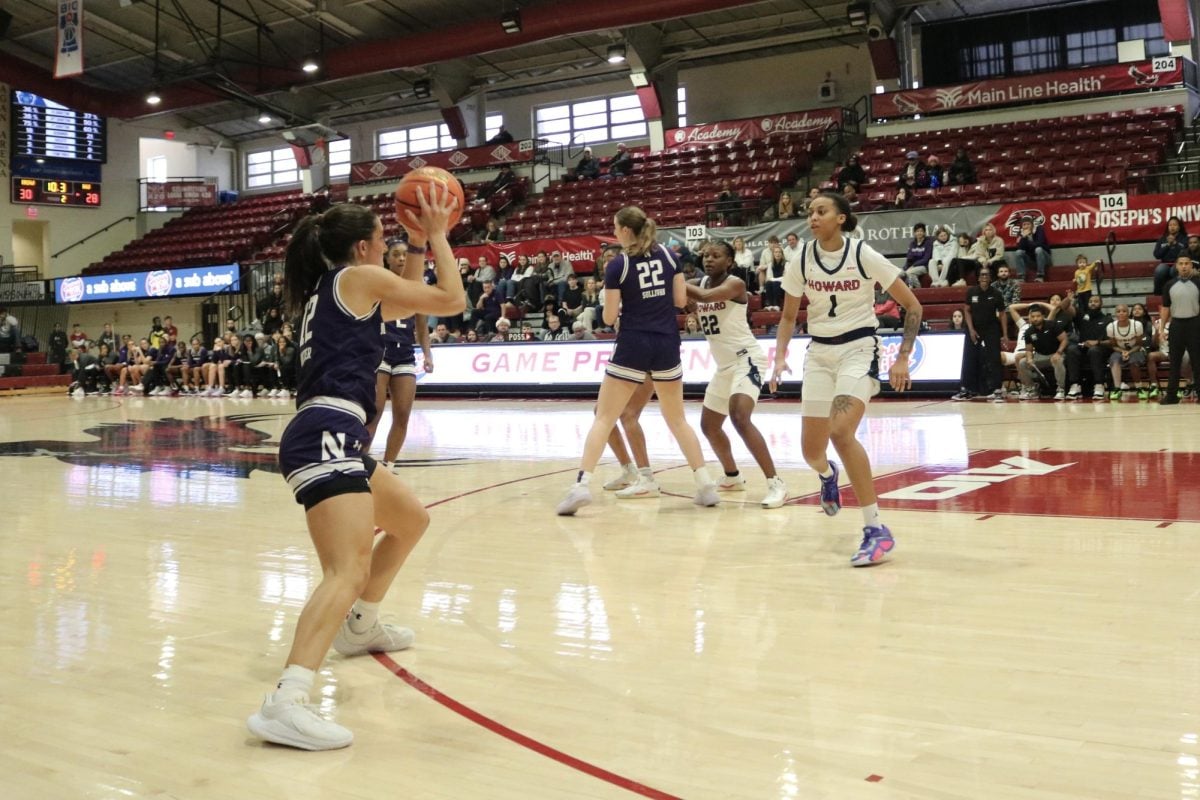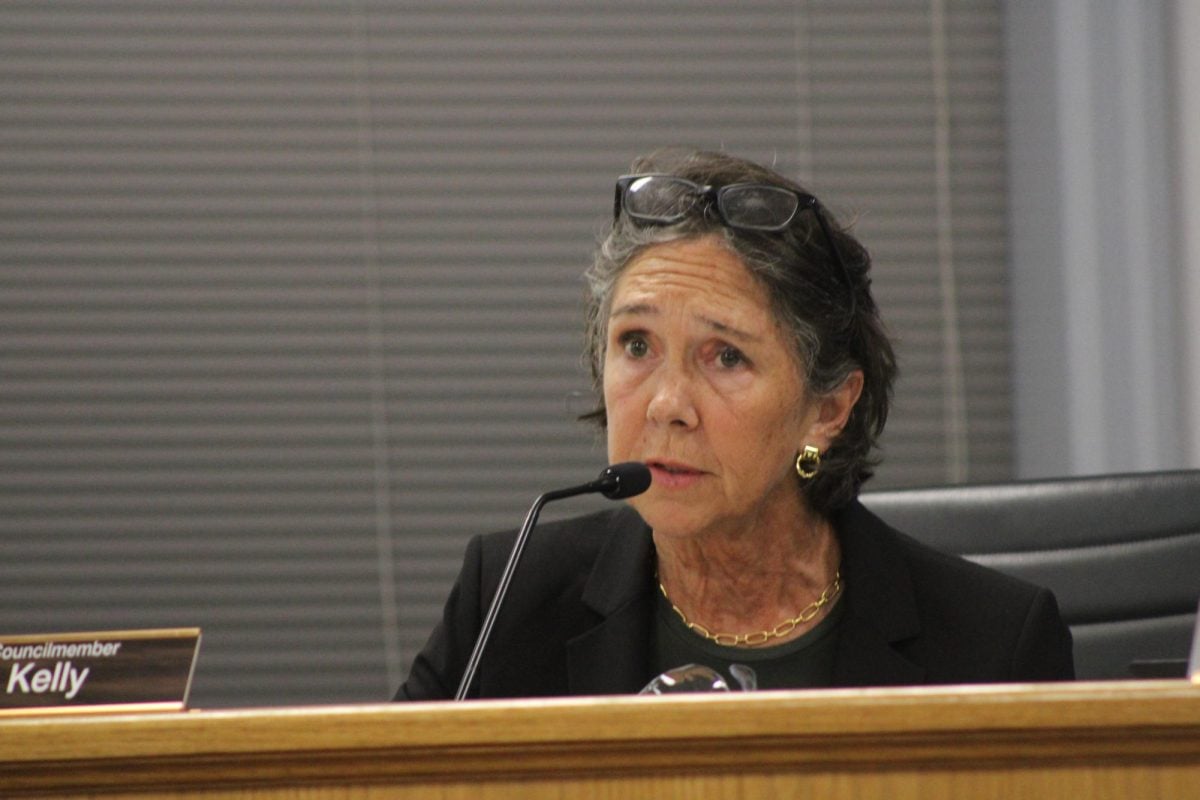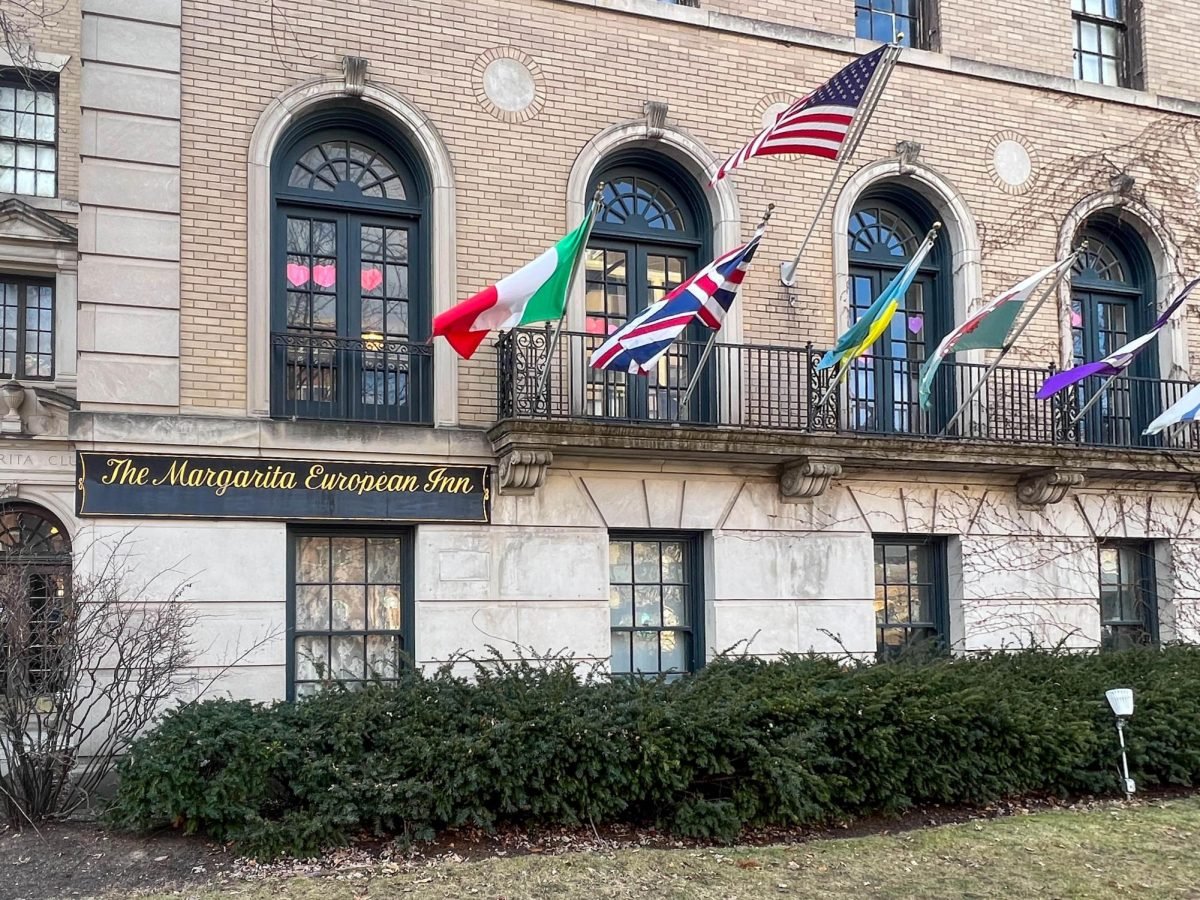Evanston’s Liquor Control Review Board is considering updating the city’s liquor code to make it more user-friendly.
City attorney Grant Farrar announced during a board meeting Thursday he had drafted a revised liquor code. The revised code would consolidate the existing 32 classes of liquor licenses into 25 classes and move the restaurant, grocery and wine store classes to the front of the code. It would also combine rules on underage identification into one section, which Farrar said are “scattered throughout the chapter on regulations” in the current code.
In addition, the revised code would cut down on antiquated language to “bring the code more into the 21st century,” Farrar said.
The revised code, if passed, would take effect in January 2014, allowing time for the city to inform license applicants about the changes, Farrar said. The revision would not propose any changes to fees or taxes, which fall under the jurisdiction of the City Council, he said.
“Hopefully we’ve taken a big step in trying to make this code more user-friendly, more business-friendly and much more up to date,” Farrar said during the meeting.
Liquor board member Dick Peach said he supports revising the city’s liquor code to consolidate the license categories, many of which had undergone several amendments as business owners brought up new ideas. For example, the Class Y license, originally designated for wine stores, had been amended to allow the sale of craft beer and spirits as well.
“It has become such a cumbersome document because it was all done piecemeal,” Peach said.
Diana Hamann, owner of The Wine Goddess, 702 Main St., said she supports consolidating the city’s liquor license categories. Hamann’s business is currently applying to amend its Class Y license to allow it to sell refrigerated beer and operate a wine bar.
“I would like to see changes that make it more flexible for businesses, especially for small business trying to stay competitive in the Chicagoland area,” Hamann said. “Anything that cuts down on red tape and make things streamlined, I’m for it.”
Peach said he hopes the revised liquor code would create a license class for a bar without a kitchen. Currently, the city’s liquor code requires all establishments to serve food along with alcohol.
In February last year, World of Beer franchisee Ted Mavrakis attempted to operate the franchise at 1601 Sherman Ave. as a bar. The board objected to Mavrakis’ plan, and he eventually compromised by installing a kitchen at his establishment.
“I think the city has come a long way over the 40 years,” Peach said. “I think we’re capable of dealing with a bar.”
Mavrakis said the addition of a kitchen cost him about $100,000. The city needs to stay open-minded about new ideas proposed by local businesses, he said.
“You have to be receptive for businesses to invest money into your town,” he said.
Peach, however, expressed doubts on whether the city would pass such a measure.
“I don’t know whether the town’s ready for that,” Peach said. “I think the public may be more ready than the political will is.”
The liquor board will discuss the revisions at its May 3 meeting. Farrar proposed the board present the revised code to the City Council on June 10.


















